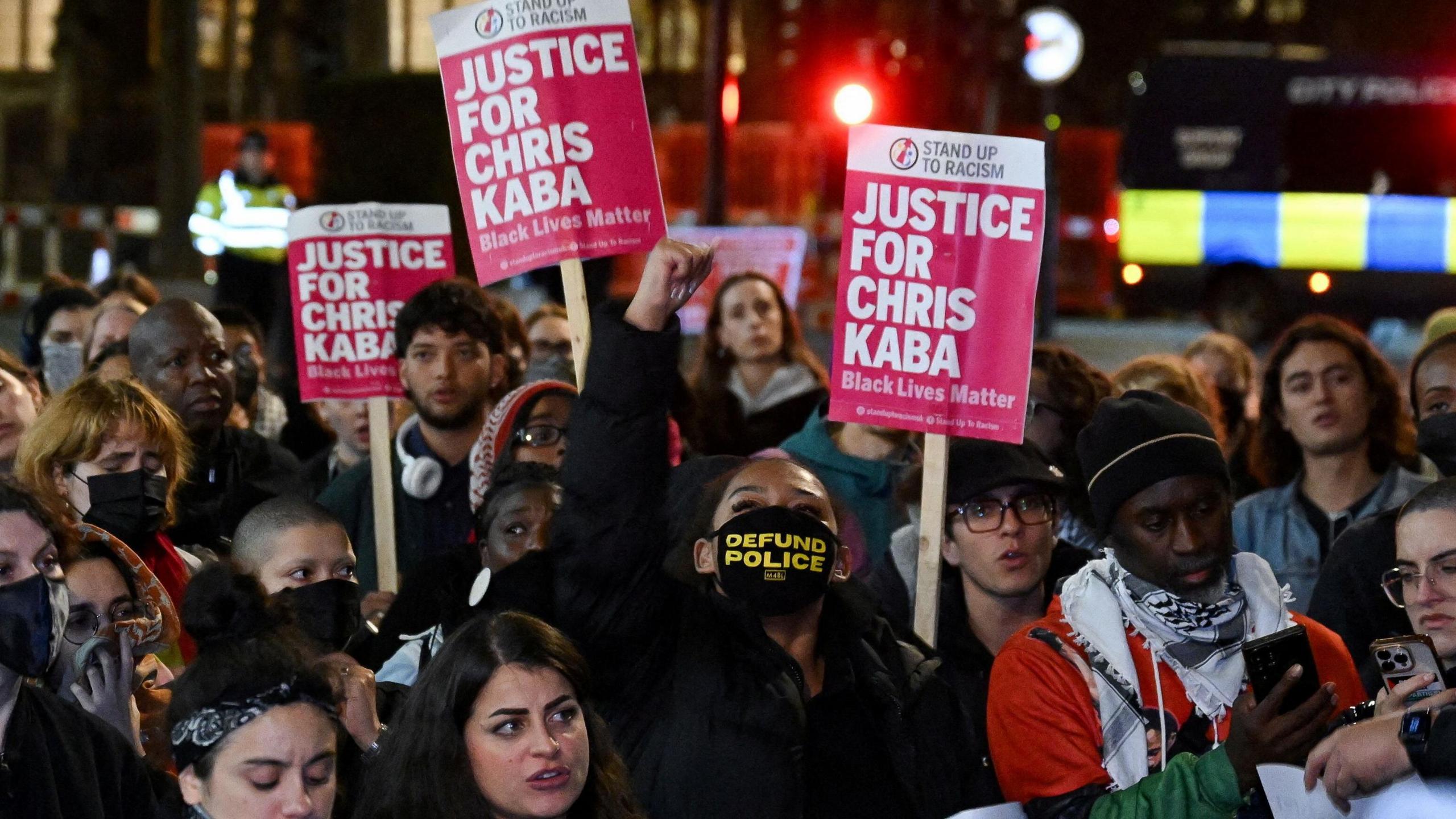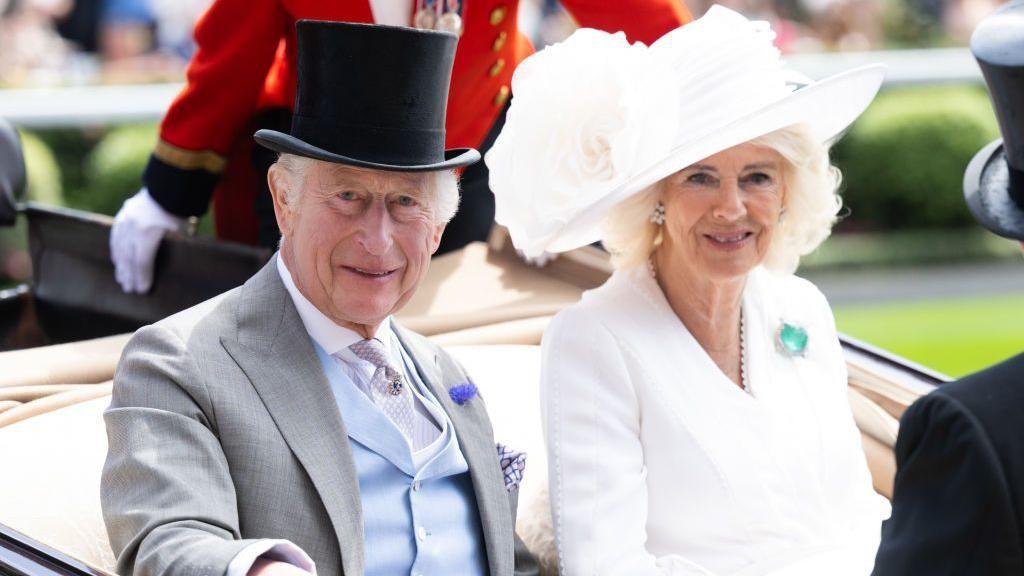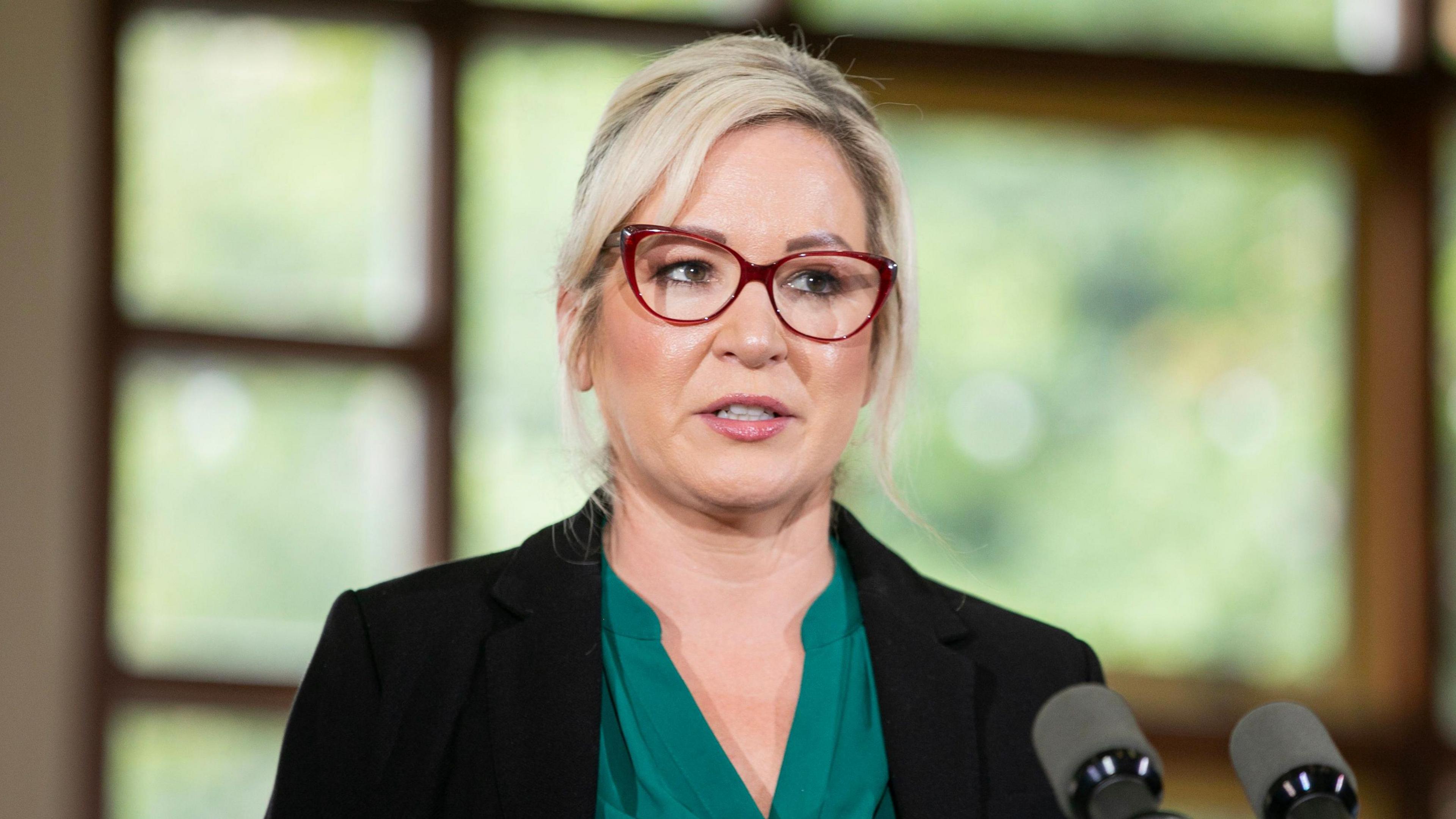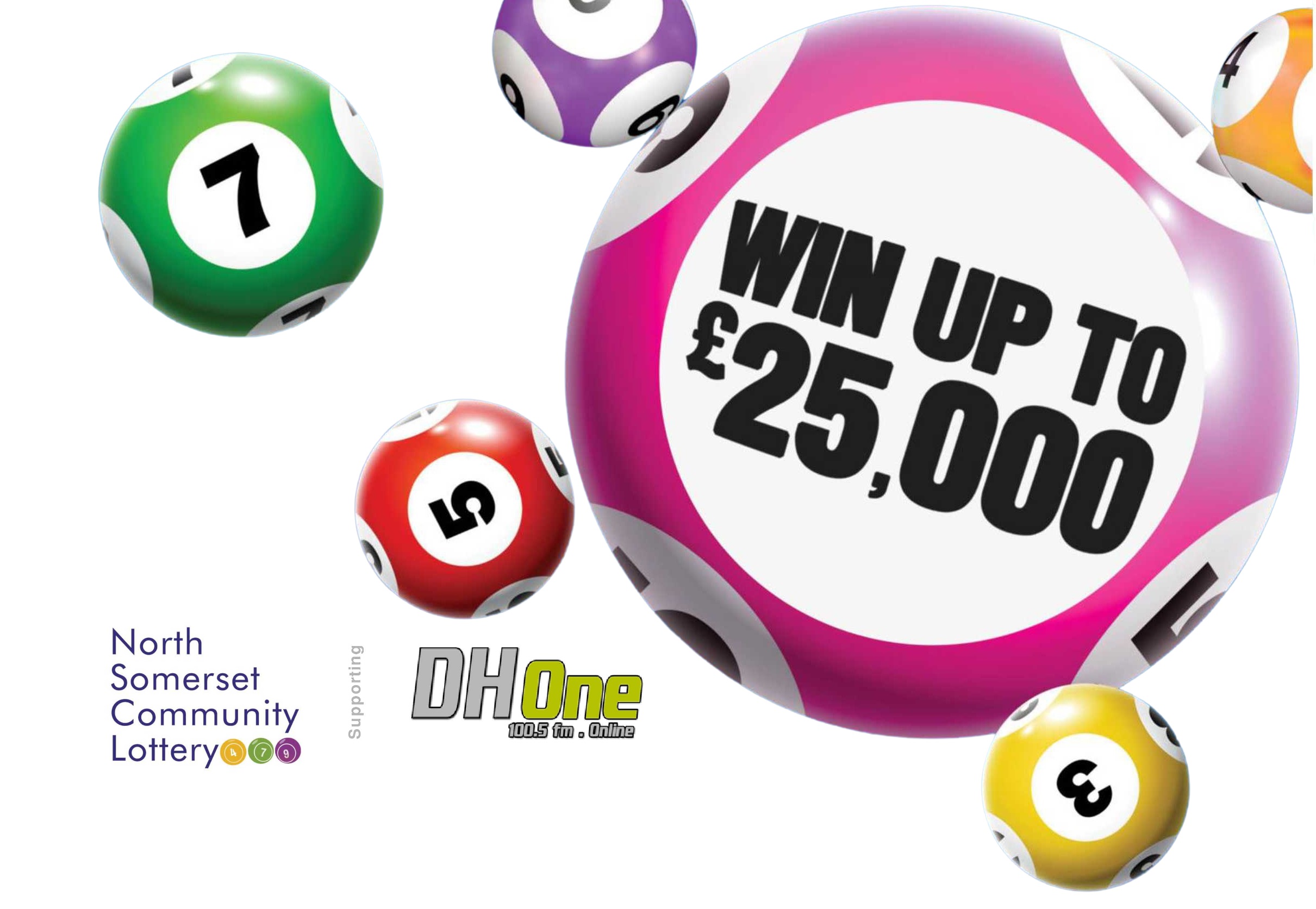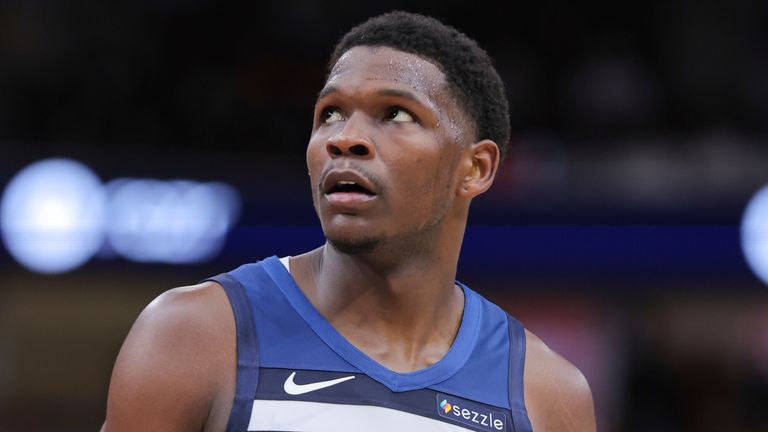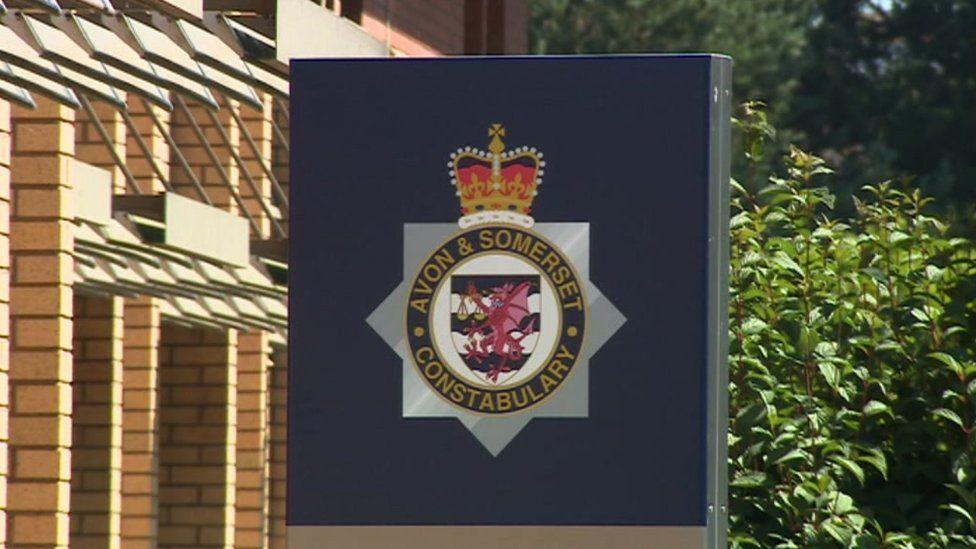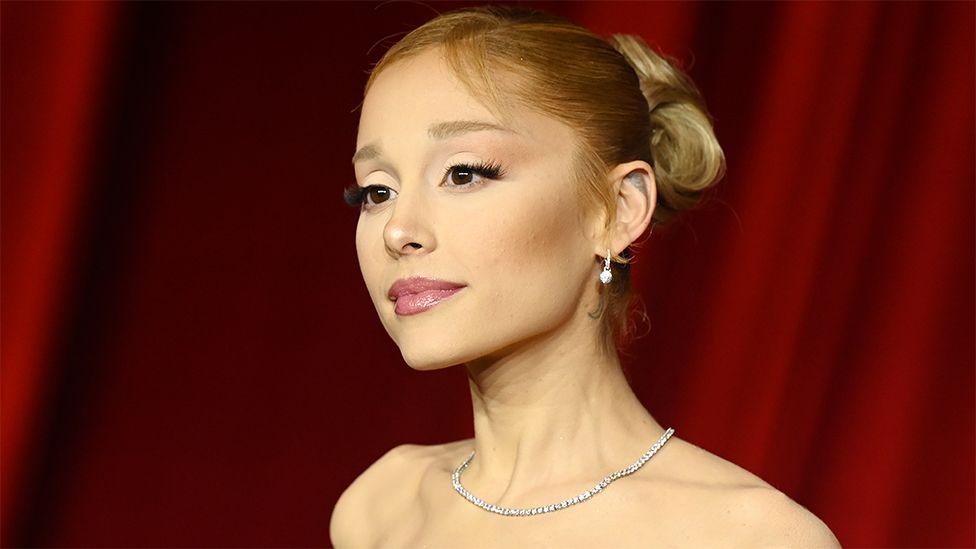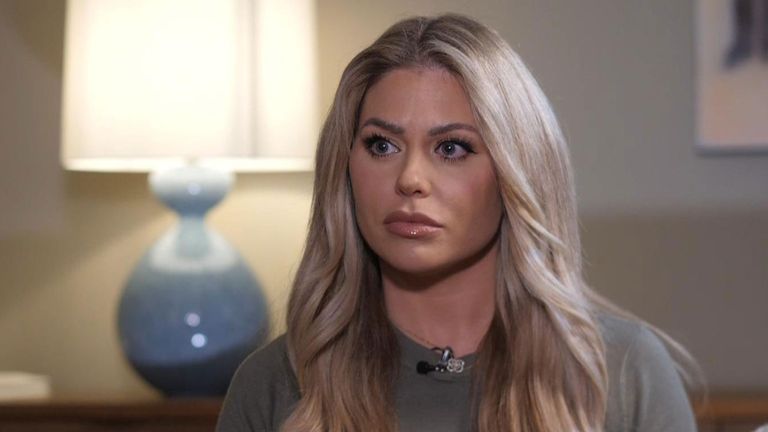It has been more than a decade since Donald Trump last appeared on World Wrestling Entertainment (WWE) programming as a special guest – but former stars are resurfacing and giving their backing to his 2024 campaign for president.
At this summer’s Republican National Convention, Terry Bollea – AKA Hulk Hogan, the all-American hero – ripped off his shirt to reveal a bright-red Trump 2024 tank top and, in a riff on his own catchphrase, exclaimed: “Let Trumpamania run wild, brother!”
Last week, in a sit-down interview with wrestler-turned-media-personality Tyrus, the former president warned listeners that manhood was under attack and religion was being mocked in the US.
And on Monday, Trump – who recently cancelled a slew of interviews with traditional outlets – traded compliments on an hour-long podcast hosted by Mark Calaway, better known as beloved WWE icon The Undertaker.
“You know what you’ve done? You’ve made politics fun again,” Mr Calaway said.
Listening intently, with his hands clasped and a smile on his face, the three-time Republican presidential nominee approvingly replied: “Yeah.”
It is perhaps an unusual place to campaign in the closing days of a tight US presidential race. But for Trump, the only WWE Hall of Famer ever to make it to the White House, the visual reverberates across social media.
A lot of Americans tune out politics until the tail end of an election year and then “just go with the most recent thing they remember”, said Abraham Josephine Riesman, a freelance journalist and author of the book Ringmaster: Vince McMahon and the Unmaking of America.
Commenting on the latest Trump media strategy, Ms Riesman told the BBC: “There’s a lot of people who listen to wrestling podcasts, and you’re going to get a lot of people who identify as apolitical or unorthodox.”
Young men are among the key groups the Trump camp hopes to lure using podcasts and social media as well as the wrestling world. Those avenues have become essential to showcase Trump, his advisers said in a recent interview with Semafor. Trump was “a star”, senior communications adviser Alex Bruesewitz told the site.
“I think what we’re doing better this time around than he’s ever done before is leveraging Trump as a person: the celebrity of Donald Trump, the unmatched aura of Donald Trump — that’s a very popular word on TikTok, by the way,” he said.
In her book Ringmaster, Ms Riesman argues that to understand the 78-year-old’s rise, fall and comeback in American politics is to see it through the lens of professional wrestling – its art of blending fiction and reality, its psychology of elevating emotion through hyperbole, and its ability to transform the reviled into the righteous.
“In short, you say truths, outright lies and half-truths in the middle, with an equal amount of enthusiasm and sincerity at all times,” said Ms Riesman.
But, she warns, the danger of politics becoming like wrestling is that it becomes “about the thrill, about the self-identification” rather than about policies and principles.
Long before he entered politics, Trump grew up watching wrestling as a child in Queens, New York and he has always professed a deep reverence for its larger-than-life entertainers.
His rise as a businessman has many parallels to the rise of the WWE, under ex-CEO Vincent Kennedy McMahon, from a regional promotion into the largest in the world. Both men took the reins of family companies and built empires.
Flourishing under the deregulated capitalism of post-Reagan America, they also escaped scrutiny, with Trump later accused of stiffing workers and Mr McMahon depriving his athletes of healthcare benefits.
In the late 1980s, the pair’s paths converged when Trump hosted the WWE’s marquee WrestleMania event in back-to-back years at his hotel in Atlantic City, New Jersey.
In 2007, the two men entered into a storyline rivalry, in which Trump challenged the WWE chairman’s authority and even once showered fans with dollar bills from the rafters.
“Those were the first times that Trump had ever given speeches to large, rowdy crowds that wanted red meat,” says Ms Riesman.
The feud culminated in a “Battle of the Billionaires” at WrestleMania 23, with wrestlers fighting on the two men’s behalf and a stipulation that the losing billionaire would have their heads shaved bald.
The show generated more pay-per-view buys than any programme the company had ever put on up to that point, according to Bryan Alvarez, a long-time wrestling journalist and podcaster.
“There were a lot of matches on that show,” he said, “but people were super into the idea of one of these guys getting their heads shaved.”
Since his 2013 Hall of Fame induction, Trump has not appeared on WWE programming – and with the evolution of its brand and the diversification of its weekly product, it is unlikely he ever will again.
But, as president, he added Mr McMahon’s wife, Linda, to his cabinet as small business administrator. She now also chairs the pro-Trump America First Policy Institute.
As Trump seeks a return to the Oval Office, not every former WWE personality is on board.
In a viral advert aired last week on late-night TV host Jimmy Kimmel’s show, former wrestler Dave Bautista – once known as “The Animal” Batista – ridiculed the presidential candidate as “a weak, tubby toddler” who “wears more makeup than Dolly Parton”.
“A lot of men seem to think that Donald Trump is some kind of tough guy. He’s not,” he said.
Yet some of the most recognisable figures in pro wrestling lore may be helping Trump break through in unconventional ways.
“If you asked a man on the street if they know Hulk Hogan, even a non-fan is going to say yes. (Trump) is hitching his wagon to people that he thinks are big-time stars,” Mr Alvarez told the BBC.
“He’s a character, a performer, and the things he says, the way he attacks his opponents, the way he puts himself over – it’s absolute total pro wrestling.”
At one point in his interview with Trump on Monday, Mr Calaway said pro wrestlers, like politicians, have to “make people care” in order to truly excel.
“You’ve been a master of this,” he remarked as Trump leaned forward with interest.
“You’ve got to make people care one way or another. Either they love you or they hate you.”
North America correspondent Anthony Zurcher makes sense of the race for the White House in his twice weekly US Election Unspun newsletter. Readers in the UK can sign up here. Those outside the UK can sign up here.


